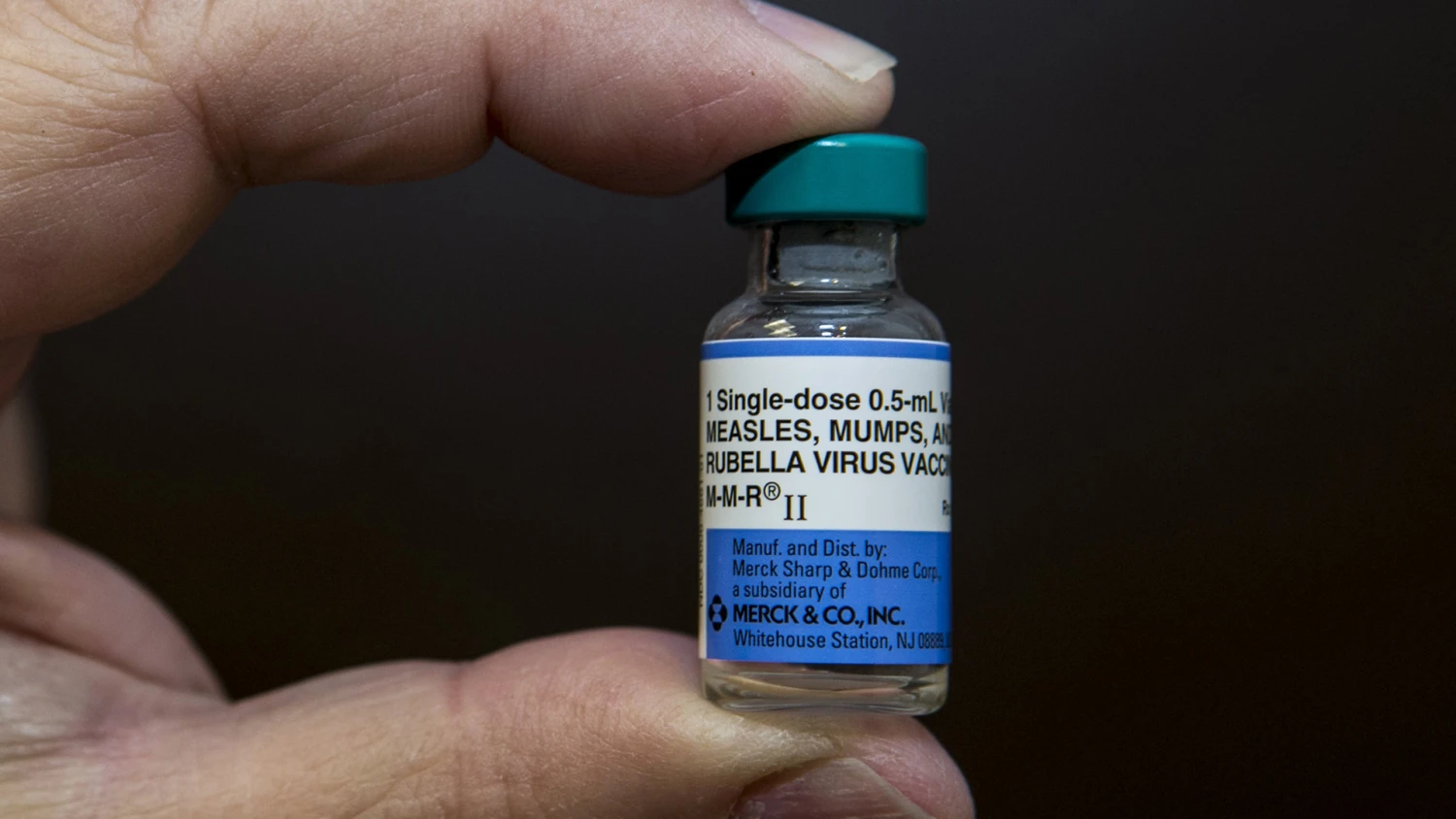MMR and Your Child: Everything You Need to Know

Most parents will be confronted with deciding whether to vaccinate their children at some point in their lives. While it can be difficult, it is vital to understand the risks and benefits of vaccinations, particularly regarding the measles-mumps-rubella (MMR) vaccine.
This comprehensive guide will give you everything you need to know about the MMR vaccine and your child.
What is the MMR vaccine?
The MMR vaccine is a combination vaccine that protects against three viral illnesses: measles, mumps, and rubella. It is one of the most effective and safe ways to protect your child from these potentially serious diseases.
When should my child receive the MMR vaccine?
The Centers for Disease Control and Prevention (CDC) recommends that all children receive two doses of the MMR vaccine, with the first dose administered between 12 and 15 months of age and the second dose between 4 and 6 years of age. It is crucial to adhere to this schedule to ensure the highest protection against these diseases.
Are there any side effects of the MMR vaccine?
As with any vaccine, the MMR vaccine may cause side effects in some children. These side effects can include soreness, redness, swelling at the injection site, a mild rash, and temporary joint pain and stiffness.
More severe side effects are rare, including high fever that may cause a seizure. However, it is essential to note that the risks associated with these side effects are far outweighed by the benefits of vaccination, which can prevent severe illness and even death.
Why is the MMR vaccine important?
The MMR vaccine is a vital tool in the fight against measles, mumps, and rubella. These diseases can cause serious health complications, including deafness, pneumonia, encephalitis, and even death.
In addition, when large numbers of people are vaccinated against a disease, it creates herd immunity, which makes it less likely that the disease will spread throughout a community. Those who cannot receive the vaccine (such as infants, pregnant women, and individuals with certain medical conditions) are protected from the disease.
Can my child receive the MMR vaccine if they are sick?
In general, it is safe for children to receive the MMR vaccine even if they are mildly ill. However, if your child has a moderate or severe illness, waiting to recover before administering the vaccine is best.
If you have concerns about your child’s health or ability to receive the vaccine, you should speak with your healthcare provider.
What should I do to prepare my child for their MMR vaccine visit?
Preparing your child for their MMR vaccine visit can help reduce anxiety and make the experience less stressful for everyone involved. You can start by talking to your child about what to expect during the visit, including the fact that they will receive a shot.
You can also reassure them that the shot will only cause a brief moment of discomfort and that it will help protect them from getting sick.
Is the MMR Vaccine Associated with Autism?
One of the most common concerns about vaccines, particularly the Measles-Mumps-Rubella (MMR) vaccine, is its alleged link to autism. This fear has been fueled by a now-debunked study published in 1998, which claimed to find a link between the MMR vaccine and autism spectrum disorders (ASD).
However, numerous studies have since been conducted to investigate this alleged link. The overwhelming consensus among scientists and medical professionals is that there is no connection between the MMR vaccine and autism.
One study published in the Journal of the American Medical Association in 2015 followed over 95,000 children with older siblings with ASD and found no increased risk of developing ASD after receiving the MMR vaccine.
Similarly, a review of over 20 studies conducted by the World Health Organization found no evidence of a causal link between the MMR vaccine and ASD.
In addition, several studies have investigated the role of thimerosal, a mercury-containing preservative previously used in some vaccines, in the development of ASD. The consensus among these studies is that there is no link between thimerosal-containing vaccines and ASD, including the MMR vaccine.
It is important to note that vaccines, including the MMR vaccine, are rigorously tested and monitored for safety by multiple regulatory agencies before being approved. The benefits of vaccination, including preventing severe and potentially deadly diseases, far outweigh any perceived risks.
Is it best to vaccinate my child with separate vaccines to cover measles, mumps, and rubella?
The Centers for Disease Control and Prevention (CDC) and the Mayo Clinic recommend vaccinating children with combination vaccines, such as the MMR vaccine, which protects against measles, mumps, and rubella.
These vaccines are administered in a single shot, which means fewer office visits for parents and less trauma for the child. In the United States, separate vaccines for all the diseases that MMR and other combination vaccines protect against are unavailable.
Vaccinating children as soon as possible is essential to protect them during the vulnerable early months of their lives. Vaccines prevent severe or potentially fatal diseases, including measles, mumps, rubella, polio, tetanus, and whooping cough (pertussis).
Conclusion
The CDC recommends the MMR vaccine to protect against measles, mumps, and rubella [1]. Children should receive two doses of the vaccine, the first administered at 12 to 15 months of age and the second between 4 and 6 years of age.
The MMRV vaccine is also available for children, which protects against measles, mumps, rubella, and varicella (chickenpox).
A large cohort study conducted in Denmark found no association between MMR vaccination and autism [3]. Overall, it is recommended that children receive the MMR vaccine to protect against these three serious diseases.